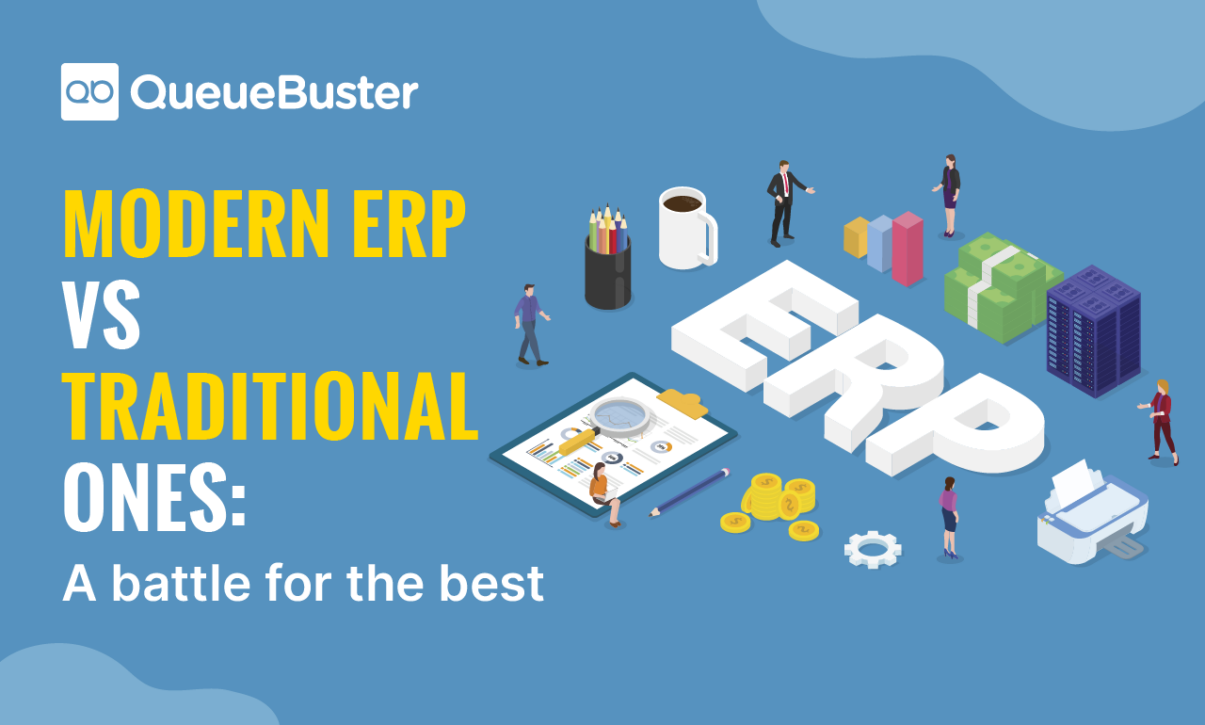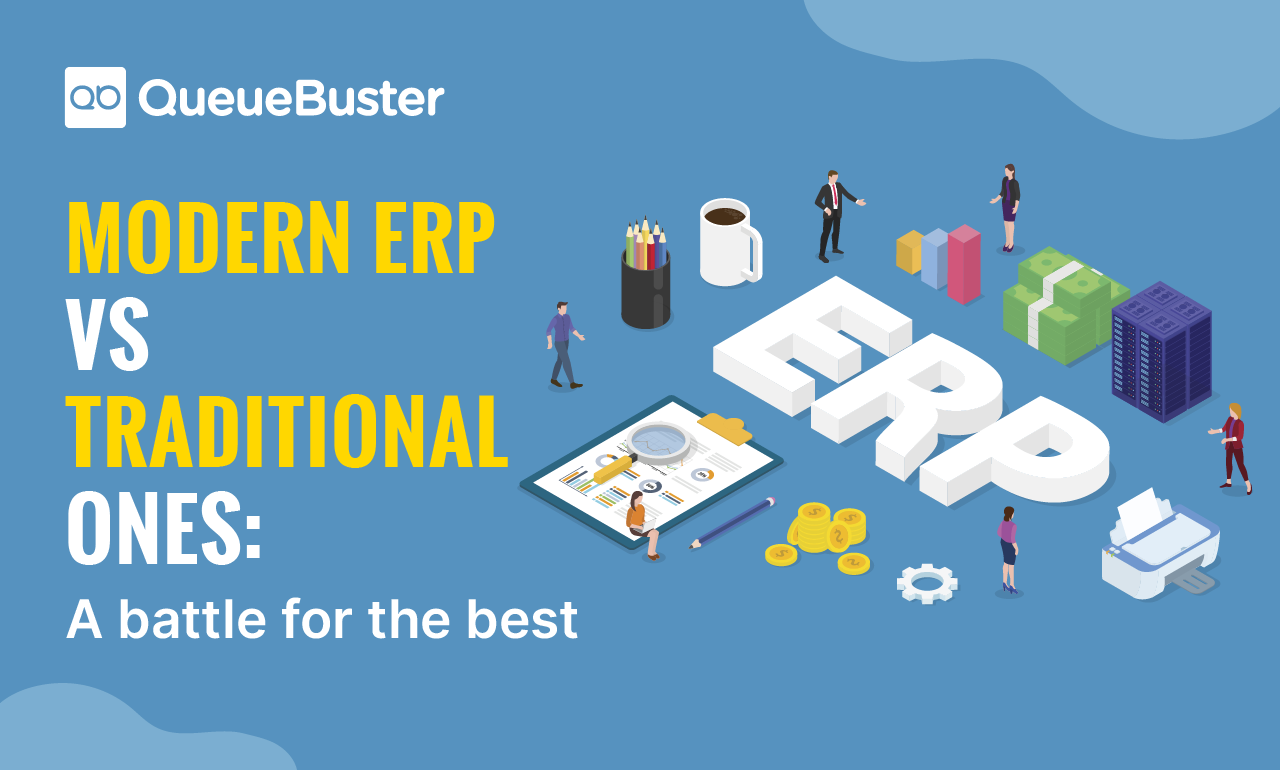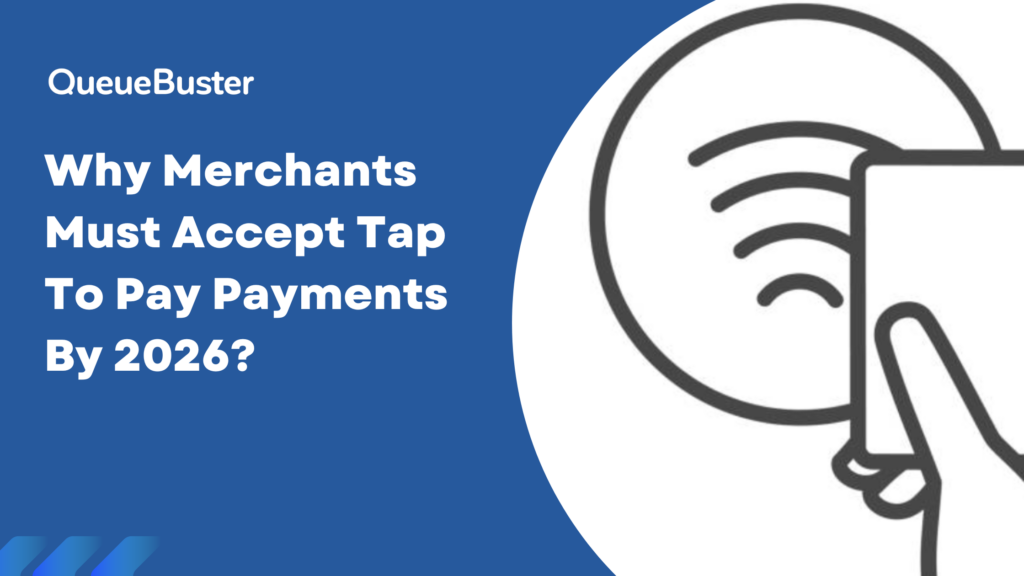
Supermarket ERP Vs. Traditional Systems: Which is Right for You?
Supermarket ERP Vs. Traditional Systems: Which is Right for You?

By Shreyansh Saini Published: June 3rd, 2024
Managing a supermarket can be a complex and challenging task, and having the right management system in place is crucial to the success of your business. With so many different options available, choosing the right system can be a daunting task. Supermarket ERP software systems and traditional systems are two popular options, each with its unique features and benefits.
Supermarket ERP systems are designed to manage a wide range of business processes, including inventory management, financial management, human resources, and customer relationship management. These systems are often highly customizable, allowing you to tailor the system to your specific business needs. Supermarket billing systems are also known for their advanced reporting and analytics capabilities, which can provide valuable insights into your business performance.
Error: Contact form not found.
On the other hand, traditional systems are more basic, typically focusing on a narrower range of functions such as point of sale and inventory management. These systems may be easier to use and require less training than Supermarket ERP systems, making them a good option for businesses with a high staff turnover rate or limited IT resources.
In this article, we’ll explore the key differences between ERP software for supermarkets and traditional systems in more detail, helping you to make an informed decision about which system is right for your business. So, whether you’re looking to streamline your inventory management, improve your financial reporting, or enhance your customer experience, we’ve got you covered.
Size of your business
The size of your business is an important consideration when choosing between a supermarket ERP system and a traditional system. f is typically more expensive and complex than traditional systems and may be more suitable for larger businesses that have a significant amount of data and complex operations to manage. Smaller businesses may be able to get by with a simpler traditional system that is more affordable and easier to use. To understand the nuances better, you may connect with experts from QueueBuster, who are industry leaders.
Integration with other systems
Supermarket pos software can be integrated with a wide range of other systems, such as point-of-sale (POS) systems, inventory management systems, and financial management systems. If your business needs to be integrated with other systems, an ERP system may be the better choice. With ERP systems, you can streamline your business processes and avoid the need for manual data entry, which can help save time and minimize errors.
Ambition to scale
ERP software for supermarkets is highly scalable, meaning that it can grow and evolve with your business over time. This makes them a good choice for businesses that are planning to expand in the future. Traditional systems may be less flexible and may require significant upgrades or replacements when a business grows. With an ERP system, you can add new features and functionality as your business grows, without having to replace the entire system. When you are in touch with experts from QueueBuster, do ensure that this point is taken up.
When cost is a consideration
Supermarket billing software is typically more expensive than traditional systems, both in terms of upfront costs and ongoing maintenance and support costs. If your business has a limited budget, a traditional system may be the better choice. Traditional systems are generally less expensive and may be a good option for businesses that don’t require advanced functionality or extensive integration with other systems.
The complexity of your operations
Supermarket ERP systems are designed to manage complex operations, such as supply chain management, logistics, and multi-location inventory management. If your business has complex operations, a supermarket billing system may be a better choice. ERP systems are equipped with advanced features and functionality that can help you manage your operations more effectively.
Degree of customization
Supermarket pos software systems are often highly customizable, allowing you to tailor the system to your specific needs. Traditional systems may offer less customization, which can limit your ability to adapt the system to your business processes. Consider how much flexibility you need to customize the system to meet your business needs.
Strength of security features
ERP software for supermarkets typically has robust security features, such as user permissions and access controls, to help protect your sensitive data. Traditional systems may have fewer security features, which can make them more vulnerable to data breaches. It’s important to evaluate the security features of each system to ensure that your business data is protected.
Support from vendors
Supermarket billing software often comes with dedicated support from the vendor, which can be beneficial if you have limited IT resources. Traditional systems may require you to handle support and maintenance in-house. Consider the level of support you need and whether you have the resources to handle it in-house. This is one of the key features of QueueBuster’s offering.
Mobile accessibility for remote control
Supermarket ERP software systems may offer mobile accessibility, allowing you to access your business data and processes from anywhere. Traditional systems may not offer this feature, which can limit your ability to manage your business remotely. Consider whether you need the ability to manage your business from anywhere and whether mobile accessibility is important to your business operations. This is a hallmark offering from QB stable.
Cloud vs. on-premises
ERP software for supermarkets may be offered as a cloud-based solution, allowing you to access the system from anywhere with an internet connection. Traditional systems are often installed on-premises, which can limit your ability to access the system remotely. Consider whether you need a cloud-based solution that allows you to access the system from anywhere, or whether an on-premises solution is sufficient for your needs.
Industry-specific features
The supermarket billing system may offer industry-specific features, such as product management and pricing tools, which are tailored to the needs of the supermarket industry. Traditional systems may not offer these features, which can limit your ability to optimize your business processes. Consider whether industry-specific features are important to your business operations and whether the system you are considering offers these features.
Training and implementation
Supermarket billing software often requires significant training and implementation time, which can be a challenge for businesses with limited resources. Traditional systems may be easier and quicker to implement, which can be a benefit if you need to get up and running quickly. Consider the time and resources you have available for training and implementation, and whether a more complex system is feasible for your business.
Choose as per your business needs
Choosing the right management system for your supermarket is a crucial decision that can have a significant impact on your business’s success. Supermarket billing software fromQueueBusterand traditional systems each have their unique features and benefits, and the decision between the two will ultimately depend on the specific needs of your business.
Error: Contact form not found.
If you have a supermarket with complex business processes that require a high level of customization and advanced reporting capabilities, a Supermarket ERP system may be the best fit for your business. On the other hand, if your supermarket is smaller and requires a more basic system with easy-to-use features, a traditional system may be the better option.
Expert Supermarket ERP to Boost Your Profitability and Growth
No matter which system you choose, it’s important to carefully evaluate your options and consider their long-term impact on your business. By taking the time to select the right system, you can streamline your operations, improve your efficiency, and enhance your overall customer experience.
Popular Posts

MEWA India 2026: Showcasing QueueBuster POS to the Global Dry Fruits Industry
MEWA India 2026 was not just another industry event for us, it […]

Why Merchants Must Accept Tap to Pay Payments by 2026
The way customers pay has changed rapidly over the last few years […]